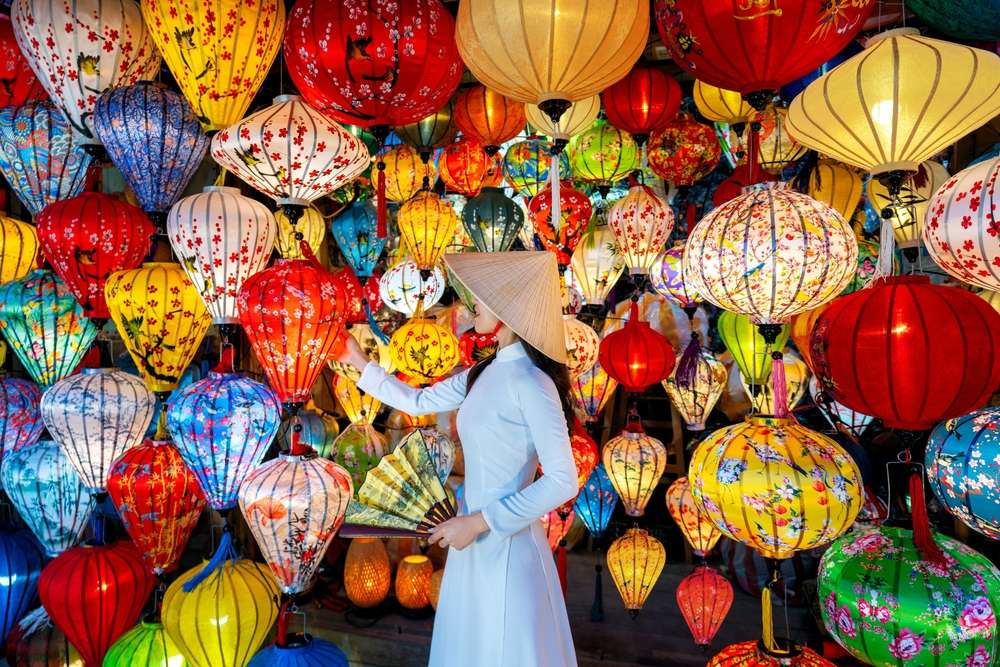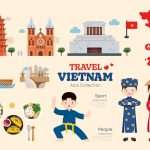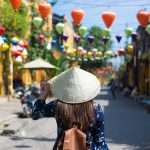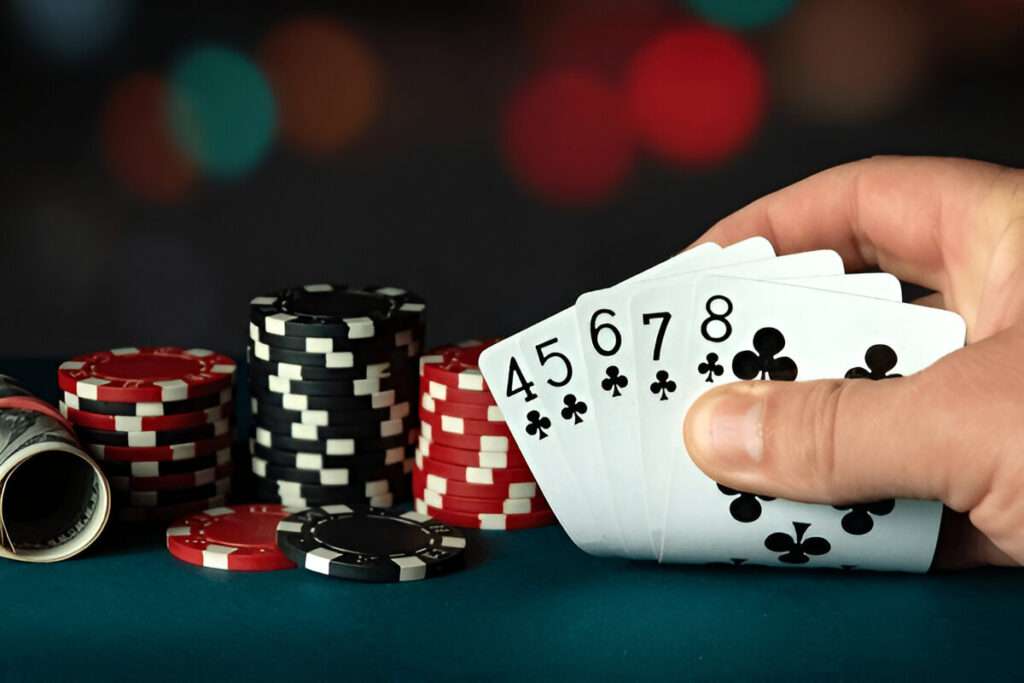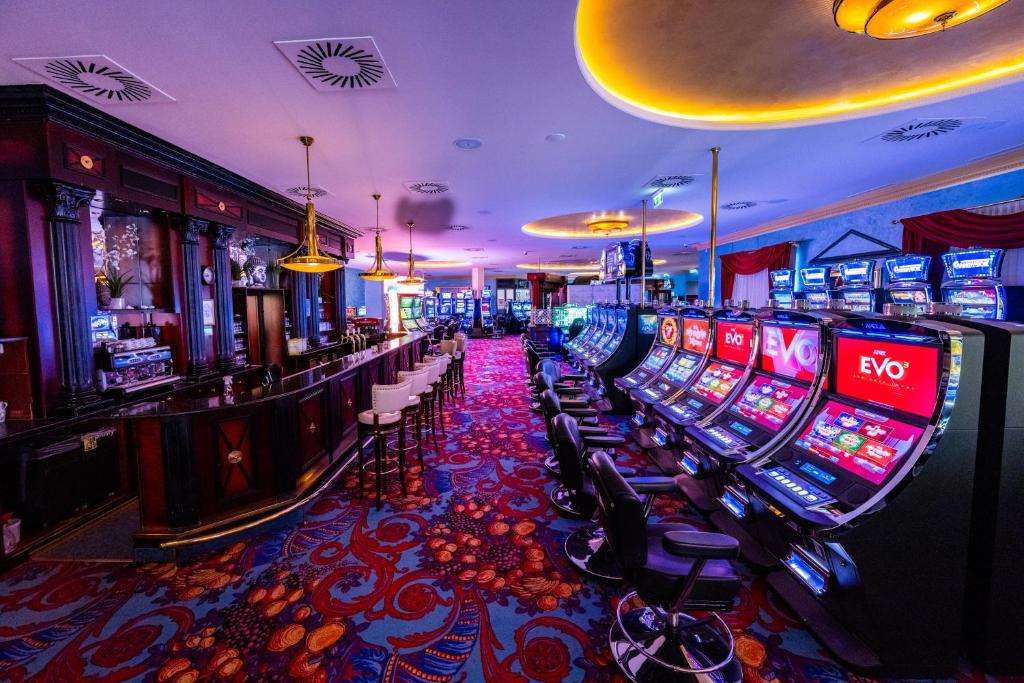Vietnam, with its rich history and diverse cultural heritage, boasts a vibrant art and culture scene that has been evolving for centuries. From traditional art forms to contemporary expressions, the country offers a captivating blend of creativity, colors, and stories. In this guide, we’ll explore Vietnam’s thriving art and culture scene, providing insights into its museums, galleries, and festivals.
VIETNAM VISA FOR CAMBODIAN CITIZENS
Vietnam’s Museums: Windows into the Past
Vietnam National Museum of Fine Arts, Hanoi: Situated in the heart of Hanoi, the Vietnam National Museum of Fine Arts showcases the country’s artistic development over the years. The museum features a comprehensive collection of traditional Vietnamese art, including sculptures, paintings, ceramics, and lacquerware. It provides visitors with an understanding of the nation’s artistic journey, from ancient to modern times.
War Remnants Museum, Ho Chi Minh City: The War Remnants Museum in Ho Chi Minh City offers a poignant look at Vietnam’s history, particularly the Vietnam War. It houses a collection of photographs, artifacts, and documents that vividly portray the war’s impact on the Vietnamese people. The museum aims to promote peace and understanding through the lens of history.
Hue Royal Antiquities Museum, Hue: Hue, the ancient imperial capital, hosts the Hue Royal Antiquities Museum, located within the Hue Citadel. The museum houses a fascinating collection of artifacts from the Nguyen Dynasty, offering a glimpse into the opulent lives of Vietnam’s royalty. Visitors can explore items like royal garments, jewelry, ceramics, and more.
Art Galleries: A Haven for Art Enthusiasts
Apricot Gallery, Hanoi: Apricot Gallery in Hanoi is a renowned art space that showcases contemporary Vietnamese art. It provides a platform for both established and emerging artists to display their works. The gallery offers a diverse range of art styles and mediums, allowing visitors to experience the dynamic evolution of Vietnamese art.
San Art, Ho Chi Minh City: San Art is an independent contemporary art organization and gallery in Ho Chi Minh City. It focuses on supporting local emerging artists and nurturing experimental art practices. San Art hosts exhibitions, workshops, and residency programs that encourage dialogue and innovation within the Vietnamese art community.
Duc Minh Gallery, Hoi An: Duc Minh Gallery in Hoi An is a delightful fusion of art and history. Housed in a charming ancient townhouse, the gallery exhibits traditional Vietnamese art, including silk paintings, lacquerware, and folk art. The serene ambiance of the gallery enhances the appreciation of the displayed artworks.
Cultural Festivals: Celebrating Diversity
Tet Nguyen Dan (Lunar New Year): Tet, the Lunar New Year, is the most significant and widely celebrated festival in Vietnam. It marks the beginning of the lunar calendar and is a time for family reunions, feasting, and paying respects to ancestors. Vibrant parades, dragon dances, and firework displays add to the festive spirit.
Hue Festival: The Hue Festival is a biennial event that celebrates the cultural heritage of Hue. It features traditional music, dance, and art performances, providing a platform for artists from across Vietnam to showcase their talents. The festival also includes exhibitions, fashion shows, and culinary events.
Hoi An Lantern Festival: Hoi An, known for its enchanting lantern-lit streets, hosts a monthly Lantern Festival. On the 14th day of the lunar month, the town turns off its electric lights, and the glow of colorful lanterns illuminates the ancient streets. Visitors can release lanterns into the river, creating a magical and ethereal ambiance.
VIETNAM VISA FOR CHILEAN CITIZENS
Traditional Art Forms: Preserving Heritage
Water Puppetry: Water puppetry, a unique Vietnamese art form, originated in the Red River Delta. Traditional wooden puppets are skillfully manipulated in water to tell stories, often depicting scenes from rural life and folklore. The Thang Long Water Puppet Theatre in Hanoi is a popular venue to experience this captivating art.
Ao Dai: The Vietnamese Traditional Dress: The Ao Dai is the quintessential Vietnamese attire, known for its elegance and grace. It typically consists of a long, flowing tunic paired with wide-leg trousers. The Ao Dai is a symbol of Vietnamese culture and is often worn during special occasions and ceremonies.
Conclusion
Vietnam’s art and culture scene is a captivating tapestry that weaves together tradition and modernity. Museums, galleries, festivals, and traditional art forms provide a glimpse into the rich heritage of the nation. From the somber history depicted in museums to the vibrant and lively celebrations during festivals, Vietnam’s cultural landscape is diverse and inviting. Exploring the country’s art and culture scene promises an enriching experience, allowing you to connect with the heart and soul of Vietnam.
Also read: Vietnam’s Nightlife: Where to Go for the Best Bars, Clubs, and Restaurants
